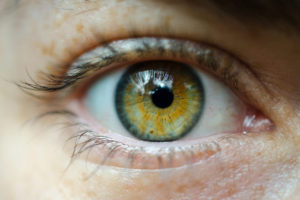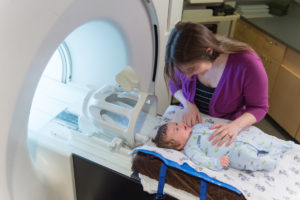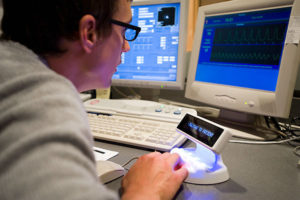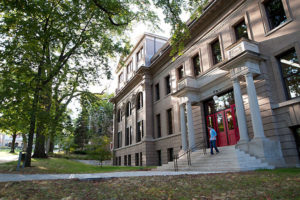With the help of the National Institutes of Health (NIH), the University of Wisconsin—Madison will join a broad national effort to study autism, a complex developmental disability that affects the functioning of the brain.
Under the direction of Marsha Seltzer, director of UW–Madison’s Waisman Center, and with $1.6 million in NIH support, the university will become part of a multi-institutional Studies to Advance Autism Research and Treatment (STAART) Center.
The national STAART Center network is intended to bring together researchers from many disciplines – ranging from neuroscience and psychiatry, to psycholinguistics and social work – to study the neurobiological mechanisms of autism, the development of children with the disorder, social and family effects, and the efficacy of various interventions.
The Boston University School of Medicine leads the STAART Center involving UW–Madison. Dartmouth Medical School is also a partner.
Autism affects up to one in 500 people in the United States, according to the Centers for Disease Control. Usually appearing during the first few years of life, the disorder manifests itself through the impeded development of social interaction and communication skills. It occurs more frequently in boys than girls, and has no social, racial or ethnic boundaries.
At UW–Madison, the Waisman Center, which already has an established autism research program, will lend state-of-the-art neuroimaging facilities and leading clinical and outreach programs for children with autism and their families, Seltzer says.
Richard Davidson, a UW–Madison professor of psychology and psychiatry and the director of the Waisman Center’s W.M. Keck Lab for Functional Brain Imaging and Behavior, will play a lead role in the new project. Davidson is studying the underlying emotion in autism.
“The Waisman Center has a strong and abiding commitment to understanding the causes, course and consequences of autism and related disorders, and we are delighted to be part of the STAART Center network,” says Seltzer. “This effort promises significant advances toward treatment of this highly prevalent developmental disorder.”






